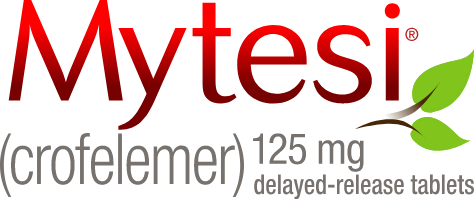
Frequently Asked Questions

Frequently Asked Questions

Mytesi is a prescription medicine that helps relieve symptoms of noninfectious diarrhea in adults who are living with HIV/AIDS and on antiretroviral therapy (ART). Ask your healthcare provider if Mytesi is an appropriate choice to help relieve your diarrhea.
Download the helpful discussion guide for suggestions on how to talk about your diarrhea symptoms. Feel empowered to have open and honest conversations with your healthcare provider.
Mytesi works to restore the balance of salts and water in your GI tract, leading to a change in stool consistency from watery to formed stools, resulting in symptomatic relief and a decrease in diarrhea.
After 4 weeks of treatment, Mytesi can reduce the frequency of watery bowel movements. When taking Mytesi daily, most patients continue to see improvement in their symptoms even up to 20 weeks after starting treatment. It’s important to continue taking Mytesi daily to see these improvements, even if the symptom relief seems gradual.
Mytesi has been shown to reduce HIV-related diarrhea in 9 out of 10 people after taking it for 20 weeks. Six of those 10 individuals reported no diarrhea at all after treatment.
No, Mytesi is not approved to treat infectious diarrhea. Mytesi is indicated for symptomatic relief of noninfectious diarrhea in adult patients with HIV/AIDS who are on antiretroviral therapy (ART).
In clinical studies, Mytesi did not show any clinically meaningful drug-drug interactions. It will not affect how well your antiretroviral therapy (ART) works.
No. In clinical studies, Mytesi did not affect HIV viral load or CD4 counts.
Mytesi is not likely to make you constipated. Over 98% of people on Mytesi did not report constipation in a clinical study. Many other prescription and over-the-counter diarrhea medicines work by slowing down your gastrointestinal (GI) tract, or gut, which can cause constipation. Mytesi works differently by balancing the amount of salt and water in the gut and does not result in the diarrhea-constipation cycle often caused by some other medicines.
In clinical studies, people taking Mytesi had similar side effects to those people taking a placebo. The most common side effects of Mytesi include upper respiratory tract infections (such as sinus, nose and throat infections), bronchitis (swelling in the tubes that carry air to and from your lungs), cough, flatulence (gas), and increased bilirubin (a waste product from the breakdown of red blood cells). For a full list of side effects, please talk to your doctor.
The FDA has approved that a recommended adult dosage of Mytesi is 125 mg taken orally 2 times a day, with or without food. Mytesi tablets should not be crushed or chewed.
The NapoCares™ program offers support for eligible Mytesi patients at no cost, whether they are commercially insured, uninsured, or underinsured.
Crofelemer is the active ingredient in Mytesi and is sourced from the red bark sap of the Croton lechleri tree that grows in the Amazon rainforest. The vital sap is sustainably harvested and shipped to a production facility where it undergoes a complex purification process resulting in crofelemer, which is then converted into Mytesi tablets.
Mytesi is available by prescription through a network of select specialty pharmacies. Ask your doctor if Mytesi is right for you.






